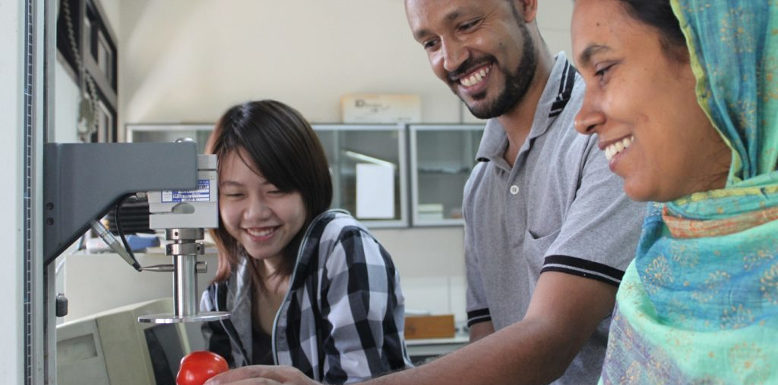Food theme aims to address the issues of sustainable agricultural production through the conventional intensification solutions which need to be re-visited for their unsustainable effects; and rather more sustainable yet appropriate solutions need to be prescribed in the decades to come to attain self-sufficiency in food production
Global food system today is beset by serious challenges and risks. Food demand is on rise due to population growth and changing consumption patterns; production and prices have become more volatile; hunger and poverty levels remain high and unsustainable practices exacerbate environmental challenges. Agriculture is increasingly called upon to address a wide range of critical needs; safe and nutritious food for nine billion people by 2050; and higher and more resilient incomes for livelihoods. The fundamental needs to boost productivity, especially of small to medium holders, increase access to markets, reduce risks, boost rural employment, and provide environmental services come in a context where agriculture is challenged by accelerating climate change. World food production needs to be multifold in coming decades, with far less resources (land, water, farmers, energy) available than today. Sustainable agricultural production in developing countries is facing ever increasing challenges from high use rate of synthetic fertilizers, over reliance on pesticides, very low adoption of biological pest control, low use rate of animal and green manure, and low level of farm diversification. To address these issues the conventional intensification solutions need to be re-visited for their unsustainable effects; and rather more sustainable yet appropriate solutions need to be prescribed in the decades to come to attain self-sufficiency in food production.

